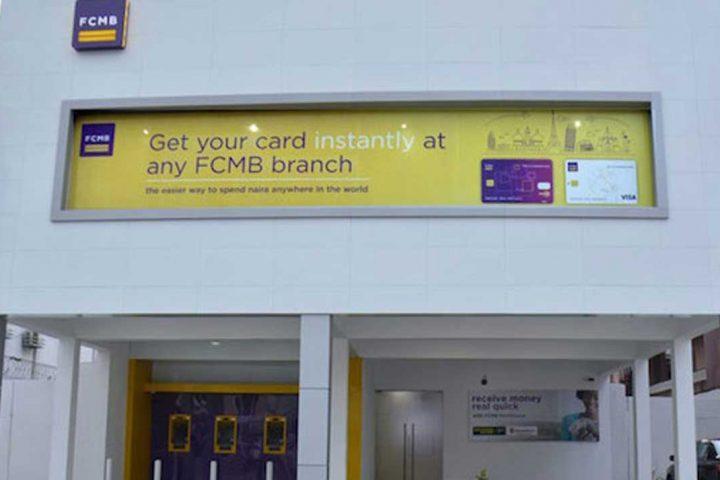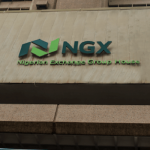The Nigerian banking industry is in the season of transition from a core banking operation to a Holding Company (HoldCo) structure.
Out of 15 commercial banks operating in Nigeria, at least seven lenders; Sterling Bank, Access Holding, FBN Holdings, FCMB Group, Guaranty Trust Holding Company (GTCO) and Stanbic IBTC completely restructured into a HoldCo, while Zenith Holdings is in the process of transitioning.
Join our WhatsApp ChannelAn HoldCo is an entity that doesn’t conduct any activity or operation but owns assets and controls equity in many businesses across various sectors. A firm could start out as a bank but restructure into a HoldCo to branch into other markets like real estate, technology and insurance, amongst others.
While most of the financial institutions have pointed to expansion plans as a reason for restructuring into a HoldCo, there are other factors fueling the drive.
Reasons Nigerian banks are racing to becomeW HoldCo?
Tenure elongation: Restructuring into an HoldCo creates a loophole in the tenure timeframe set by the Central Bank of Nigeria (CBN).
Many of the banks racing to become HoldCo are headed by the industry’s big shots who were nearing the end of their tenure. Branching into a holding company opens the door to a higher position and gives them more time to control the affairs of the subsidiaries.
For example, before GTBank transitioned into a HoldCo, Segun Agbaje was the Chief Executive Officer for 10 years, however, in 2021, GTBank restructured, and the investment banker became the Group CEO of GTCO at a period he was supposed to retire.
Also, Jim Ovia founded Zenith Bank in 1990, served as CEO till 2010, and then proceeded to become the company’s chairman. The firm has already disclosed that following the completion of the restructuring, Ovia will stay on as the chairman of the HoldCo.
Diversify earnings: Reduction of exposure to financial risk is one of the benefits of operating a HoldCo. It allows a company to expand its revenue sources. The holding company reduces a firm’s financial risk by lifting the restriction that compels the company to earn its revenue from a single market.
This means the banks will not depend only on their interest-bearing operation for earnings, as other businesses in technology or insurance also contribute to the revenue of the HoldCo.
A company like GTCO is operating a payment firm, Habari Pay, which is a spinoff from GTBank operations, while Access Holdings has branched into the pension business by acquiring First Guarantee Pension Ltd and Sigma Pension.
Protect assets: Let’s assume a bank is operating three different businesses, core banking, real estate and tech, should it have a debt or lawsuits problem, the lender could lose one of its assets in the debt recovery process.
This was one of the reasons Innoson Vehicle Manufacturing challenged the restructuring of GTBank into a HoldCo, as it has a debt case against the lender.
However, with a HoldCo structure, other businesses like that real estate or tech will be separate entities under the holding company, as a result, a debtholder or lawsuit can’t eye these assets as replacements for the debt should the HoldCo not be a party to the matter that resulted in the debt.
In essence, a HoldCo protects assets from creditors or debtholders, thereby limiting the liabilities that a company is exposed to.
Increase shareholders’ investment value: Aside from HoldCo benefiting a company, shareholders also profit from the structure, as increased sources of earnings, either through new business or acquisition, mean a company’s ability to pay more dividends will be strengthened.
Also, the shares held by investors in an HoldCo could rise should the value of stakes held in other subsidiaries appreciate.
An example is Transnational Corporation (Transcorp) Plc, the largest shareholder of Transcorp Hotel. Both are listed on the Nigerian stock exchange. Shareholders of Transcorp Plc could benefit from share appreciation in Transcorp Hotel without having a direct stake in the hospitality business.
Lower rate loan advantages: A HoldCo is given loans at a lower rate compared to when each of the subsidiaries approaches creditors for the same credit.
This is because the subsidiaries combined give a holding company stronger financial strength. The subsidiaries are financially weaker when they stand alone.
Also, the subsidiary in need of the loan might not have the needed collateral to back the credit request. This is where the holding company comes in, requests the loan and disburses it to the subsidiary in need of it.

















Follow Us